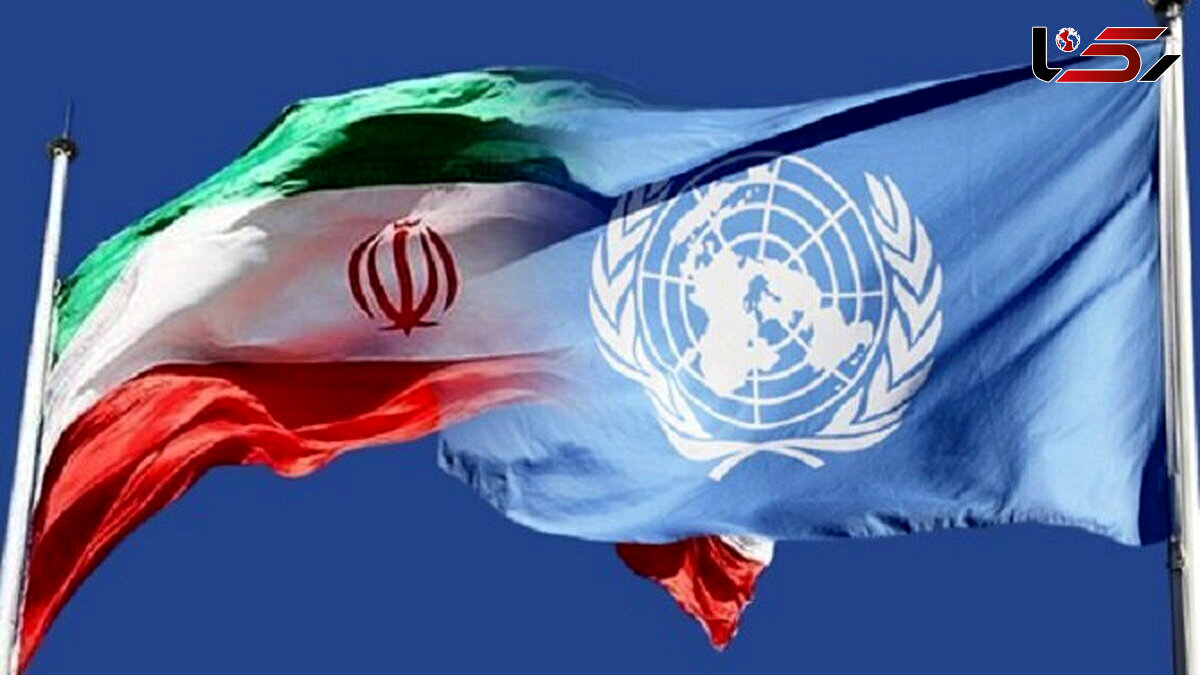What is UN Security Council Resolution 2231, and how does this UN resolution benefit Iran?
Rokna Political Desk: United Nations Security Council Resolution 2231, adopted in July 2015, laid the legal foundation of the Joint Comprehensive Plan of Action (JCPOA). The document, which revoked previous sanctions and imposed temporary restrictions on Iran’s arms and missile activities, opened a new chapter in Iran’s nuclear engagement with the world.

Europe coincide with the European deadline for triggering the “snapback mechanism,” diplomatic sources have reported that Russia has submitted a draft resolution to the UN Security Council. The draft reportedly aims to extend Resolution 2231 — which is set to expire in October — in an effort to prevent an imminent confrontation between Iran and Western governments.
The three European countries — Britain, France, and Germany — had earlier given Iran until August 31 to fully resume its cooperation with the International Atomic Energy Agency (IAEA) and return to negotiations with the United States. Otherwise, activation of the “snapback mechanism” and reinstatement of UN sanctions would be put on the agenda.
Meanwhile, Iran’s Deputy Foreign Minister announced today: “Tomorrow, Iran, Russia, and China will jointly send a letter to the UN Secretary-General and the President of the Security Council, highlighting the formal conclusion of Resolution 2231.”
This move comes at a sensitive moment for the future of Resolution 2231. While Russia seeks a temporary extension to manage tensions, Iran and its allies insist on the natural expiration of the resolution, viewing it as a document that, once its designated period ends, effectively loses validity.
As the new round of Iran–Europe talks begins, and with Europe’s snapback deadline approaching, it was announced that Russia has proposed a draft resolution to extend UN Security Council Resolution 2231, set to expire in October. This reported initiative — if confirmed — is designed to avert an imminent confrontation between Iran and Western powers.
But what exactly is UN Security Council Resolution 2231, and why is its extension important amid Europe’s threat to activate the snapback mechanism?
What is Resolution 2231?
UN Security Council Resolution 2231, adopted on July 20, 2015, established the legal and international framework for the JCPOA (Joint Comprehensive Plan of Action). The resolution not only endorsed the nuclear agreement between Iran and world powers but also lifted previous sanctions while imposing temporary limits on Iran’s arms and missile activities.
Main Provisions of Resolution 2231:
-
Endorsement of the JCPOA
Resolution 2231 serves as the international legal backing for the JCPOA and formally endorses the agreement between Iran and the P5+1. -
Lifting of Previous Sanctions
Upon Iran’s fulfillment of its commitments, all sanctions imposed under previous Security Council resolutions — including 1696, 1737, 1747, 1803, 1835, and 1929 — were lifted. -
Arms and Missile Restrictions
– A five-year restriction on the purchase and sale of conventional weapons (until October 2020).
– An eight-year limitation on missile-related activities (until October 2023). -
Snapback Mechanism
One of the most crucial elements of Resolution 2231 is the automatic reimposition of sanctions. If any party reports a “significant non-performance” by Iran, all sanctions that had been lifted will be reinstated automatically, without requiring a new vote. -
Peaceful Nuclear Cooperation
The resolution encourages UN member states to cooperate with Iran in the field of peaceful nuclear technology.
Why Is Resolution 2231 Important for Iran and the International Community?
Resolution 2231 is not only the international endorsement of the JCPOA but also the framework that opened the path for Iran’s engagement with the global community in nuclear and economic areas. However, its provisions regarding the snapback mechanism and missile limitations have remained points of contention between Iran and the West.
UN Security Council Resolution 2231 formalized the JCPOA, lifted past sanctions, and at the same time imposed temporary restrictions on Iran. In recent years — particularly after the U.S. withdrawal from the JCPOA — debates over the interpretation and implementation of its clauses, especially the snapback mechanism, have regained prominence.
Send Comments